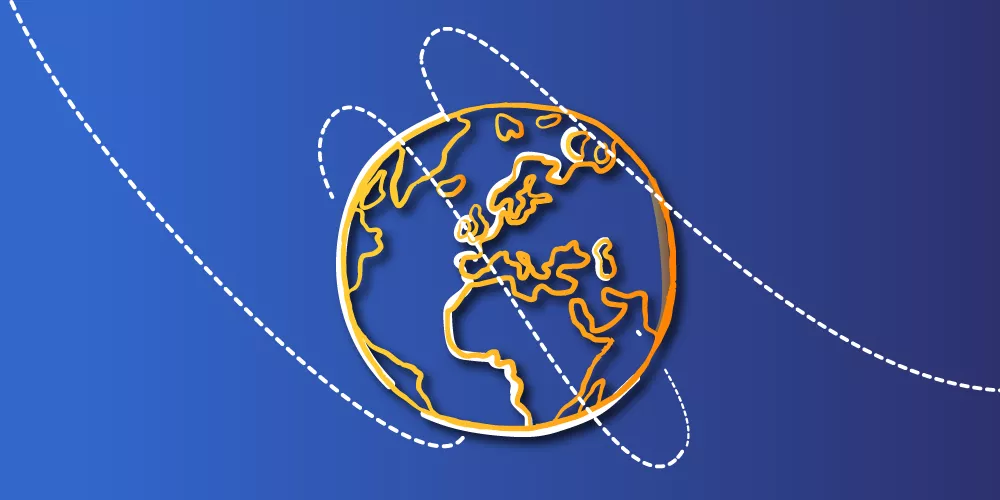
The Born Too Soon report, which has involved more than 140 individuals from 46 countries, “takes stock of the journey of the past decade – the good and the bad, the challenges and the opportunities”.
The authors highlight “inspiring examples of progress and calls for increased investment, implementation, integration, and innovation to accelerate change”.
It also outlines data from 160 countries, and together this shows that:
- 152 million babies were born pre-term in the last decade
- Of every 10 babies born, 1 is preterm – and every 40 seconds, 1 of those babies dies
- Preterm birth rates have not changed in the past decade in any region of the world
- Preterm birth is now the leading cause of child deaths, accounting for more than 1 in 5 of all deaths of children occurring before their fifth birthday.
- The impacts of conflict, climate change, COVID-19 are increasing risks for women and babies everywhere
- Action is needed urgently to improve the prevention of preterm birth, alongside better care for affected babies and their families
The report outlines an ‘agenda for action’ for: more country investment and parent-led activism, including:
- Increased investments: Mobilizing international and domestic resources to optimize maternal and newborn health, ensuring high quality care is provided when and where it is needed.
- Accelerated implementation: Meeting country targets for progress through implementing established national policies for maternal and newborn care.
- Integration across sectors: Promoting education through the life cycle; supporting smarter economic investments, with co-financing across sectors; strengthening climate adaptation responses across the life-course; and advancing the coordination and resilience of emergency systems.
- Locally driven innovation: Investing in locally led innovation and research to support improvements in quality of care and equity in access.
In response President of RCPCH, Camilla Kingdon said:
I can’t even imagine 152 million babies …… and the thought that such a monumental number of babies was born pre-term over this past decade and that 10% of them died, should be a huge wake-up call to the world. The loss of human capital is staggering and the personal loss for each mother and family is profound.
The Born Too Soon report is extremely welcome and we wholly support the recommendations. Only through such data and analysis can we see the scale of the problem globally, and ensure action can be taken. Countries and governments must consider which stage of the journey they are at and roll out the required changes to cut pre-term birth, support maternal health and fundamentally support every premature baby.
The report in 2012 launched a hive of activity and this must happen once again for the next decade. We know that the rate of improvement in preventing preterm birth has slowed down, partly because of the pandemic, and so we have to redouble our efforts to address this crucial issue.
RCPCH Global Officer, Dr Sue Broster said:
Every country has a responsibility to its women and children – and action on pre-term birth must be stepped up, as outlined in this report.
RCPCH is a global organisation, and we work across a range of countries to support women and babies. We are absolutely clear that for high quality maternity care and good outcomes for babies there must be a holistic continuum of care. It’s great to see the intersectional approach included in the report, including on health and care services, but also on equity and rights, education, transport and infrastructure, environmental – including climate threats – and emergencies.
We implore countries to hold this powerful report and recommendations at the centre of their policy making, and reduce the risk of prematurity, reduce the risk of harms, and the effects of prematurity so that premature babies and their families have everything they need to thrive.
Professor Joy Lawn, London School of Hygiene & Tropical Medicine and
Co-lead, Born too soon: decade of action on preterm birth (2023) and Born too soon (2012) said:
This new report shows that the cost of inaction over the last decade was 152 million babies born too soon. While some regions are more affected, preterm birth threatens health progress in every country. Greater investment in the care of vulnerable newborns can save millions of families from heartbreak.
More work is also needed to prevent preterm birth, which will also improve progress in reducing stillbirths and maternal deaths. Together these twin tracks of preterm prevention and care will produce healthier individuals and societies to deliver on economic and social development. Our next generation depends on us all acting now -- the investment may not be small but the returns on this investment will be major for every country.









